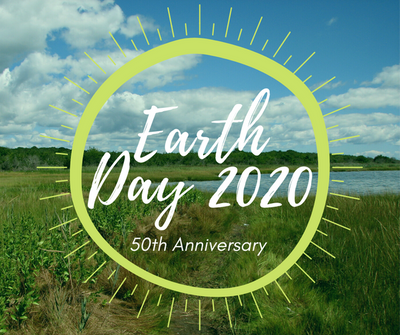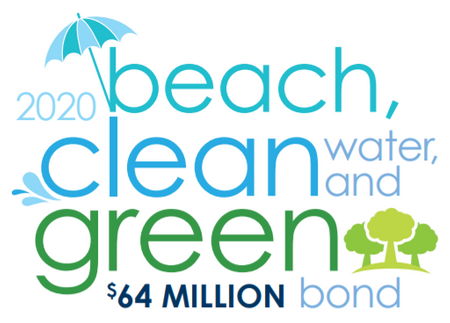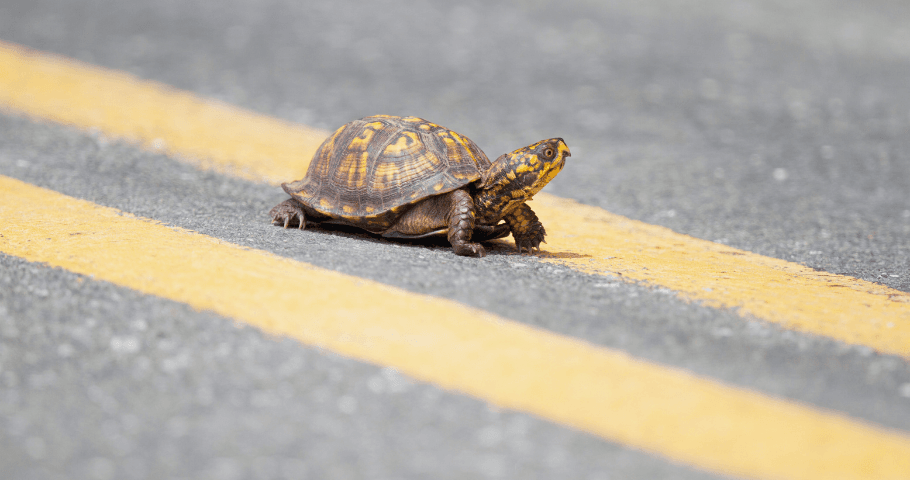
April 2020
The monthly Audubon Eagle Eye Advocacy Updates will provide you with simple actions you can take to help foster a cleaner, healthier planet along with local and national environmental news. Advocacy to protect birds and wildlife is a top Audubon priority and this work goes beyond testifying on their behalf on Smith Hill. Year round, we are working with our community partners and Rhode Island leaders to ensure the environment is a priority. These updates will keep you informed and ready to take action when the legislative session is upon us. As the newsletter continues, we are very interested in your suggestions and questions. Please send them to Audubon Senior Director of Policy Meg Kerr at mkerr@asri.org.
Sign up to get the Audubon Eagle Eye Advocacy Update in your inbox!
Legislation during COVID-19
We hope you are all safe at home taking care of yourselves and your families. The uncertainty of these times means that our state leaders are focused on the pandemic. The General Assembly is on hold and we don’t know when they will reconvene or how the bills that have been introduced will be managed. We are using this edition of the Eagle Eye to update you on issues we are working on. And we look forward to working together with you to advocate for environmental protections when life returns to normal.
-
Go plant-based and compost. Try new plant-based recipes and save your leftovers for your next meal. Compost your food waste.
-
Read more, stream less. Electricity use for streaming services is significant. If you don’t have a book waiting for you, download an e-book from your library.
-
Make homemade disinfectants. Reduce the chemicals in your life while protecting yourself from the coronavirus. There are lots of recipes on line – most include vinegar and alcohol: here are some recipes for homemade disinfectant. Note that vinegar is not effective against the COVID-19 virus. Solutions with less than 70% alcohol are also not effective against the novel coronavirus. Use caution when making your own disinfectants, since it is difficult to ensure effectiveness.
-
Switch to green power. Audubon partners with Green Energy Consumers Alliance.
-
Get outside! Take a walk in nature at an Audubon refuge or walk around your block. Get on your bike. Go for a run. Remember to maintain social distance! Getting outside and exercising is a great way to boost your immune system and reduce stress.
Understanding Audubon’s Top Three Legislative Priorities
Priority 1: 2020 Beach, Clean Water and Green $64 Million Bond
Beaches, parks, green spaces and clean water are top priorities for Audubon and we enthusiastically support the Governor’s 2020 $64 million bond. These investments not only provide essential improvements to outdoor spaces, they also build Rhode Island’s economy.
Priority 2: Act on Climate 2020
Act on Climate 2020 is a very short, simple bill. It puts Rhode Island on a path toward net-zero emissions by 2050, which is what the current science tells us we need to do. It also requires transparency and accountability by making our targets legally binding and enforceable. Massachusetts enacted its Global Warming Solutions Act in 2008, and it’s working. Rhode Island is now more than a decade behind Massachusetts and it is time to catch up.
This bill amends the Resilient Rhode Island Act of 2014 in two important ways:
- First, it updates the climate targets in accordance with the latest science regarding what is needed to avert climate disaster, setting the 2035 mandate at a 50% reduction of greenhouse gas emissions and the 2050 mandate at a 100% reduction.
- Second, it requires accountability and transparency by making the state’s carbon emission reductions mandatory – that is, both legally binding and enforceable.
For more information, here is an ecoRI News piece by Meg Kerr, Audubon’s Senior Director of Policy and Amy Moses, Director of the Conservation Law Foundation’s Rhode Island office.
Priority 3: Pesticide Management – Statewide Ban on Neonicotinoid Pesticides
H-7425 - Sponsored by Representatives McNamara, Speakman, Caldwell, Bennett, and Kislak
S-2403 - Sponsored by Senators Miller, Conley, Coyne
The bill would ban neonicotinoids (including Imidacloprid, Acetamiprid, Clothianidin, Nitenpyram, Nithiazine, Thiacloprid, Thiamethoxam and Dinotefuran) in all forms including treated seeds. There are many reasons why Rhode Island should ban neonicotinoids. Here are the arguments we are making:
- Neonicotinoid pesticides are extensively studied and known to negatively impact bees and other beneficial insects. In December 2019, the Massachusetts Department of Agriculture received a literature review from Industrial Economics, Inc. examining the effects of neonicotinoids on pollinators. A total of 70 documents were included in the review. 66 were journal articles, 4 were EPA risk assessment documents. The literature review concluded, “many studies and reviews have documented that neonicotinoid exposure can have deleterious effects on a wide range of endpoints relevant to pollinators and pollinator services.”
- Neonicotinoid pesticides have been shown to negatively impact birds, mammals and humans. Recent studies are showing impacts on birds and mammals.
- Other states and countries are taking action. The European Union has banned the outdoor use of three neonicotinoids—clothianidin, imidacloprid, and thiamethoxam—to all field crops, because of growing evidence that the pesticides can harm domesticated honey bees and also wild pollinators.
- Lands throughout Rhode Island are successfully managed without the use of neonicotinoid pesticides. Audubon manages 9,500 acres of protected land for pollinators, birds and other wildlife. We do not use neonicotinoid pesticides, we do not engage in aerial spraying of any pesticides and only use pesticides for spot treatment of invasive species and for treatment of problems like carpenter ant infestations in the structures on our protected properties. Last summer, a Brown student intern working for Audubon researched areas of the state managed similarly to Audubon. We identified about 99,885 acres managed with limited pesticide application including land managed by The Nature Conservancy and DEM’s Forestry Division. The state of Rhode Island covers a total of about 775,900 acres. Thus, the pesticide-light/pollinator-safe lands ascertained by this study represent almost 1/8 or about 13% of the land cover of the state.
- Big retailers are phasing out neonicotinoids. Walmart and True Value are phasing out neonics. Home Depot pledged in 2016 to phase out neonic treated plants. According to recent coverage, they have followed through, “ Through partnerships with our suppliers, we’ve made tremendous progress on removing neonics from our plants and they are now 98 percent free of neonicotinoids. However, there are states that require some plants be treated with neonics. The Home Depot is one of the few retailers that labels plants that are treated with neonics so customers can choose for themselves.”
- Local cities and towns concerned about neonicotinoids cannot take action so the State needs to show leadership. Rhode Island law gives DEM sole authority to regulate pesticides (RIGL 23-25-35), “Jurisdiction in all matters pertaining to the registration, sale, distribution, transportation, storage, use and application, disposal of pesticides and devices, and licensing and certification of applicators is, by this chapter, vested exclusively in the director, and all acts and parts of acts inconsistent with this chapter are expressly repealed.”
We hope you can get lost in the beauty of nature!





















